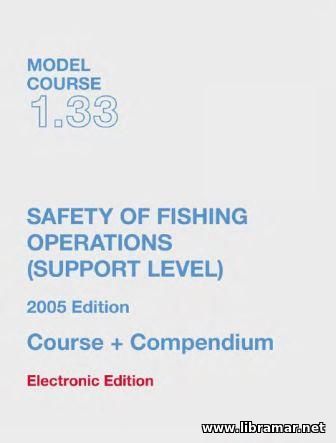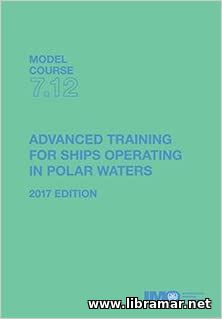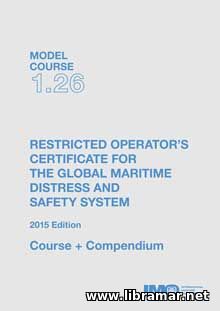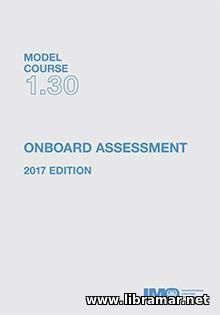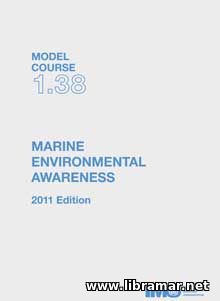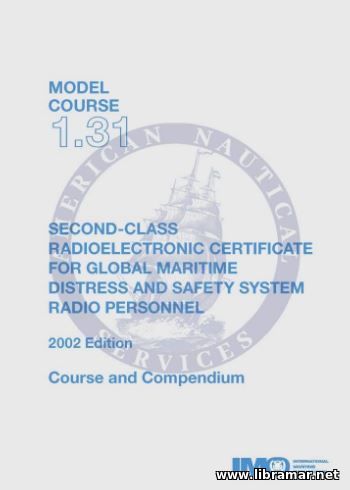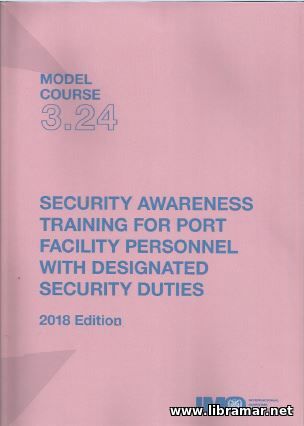
The IMO Model Course 3.04 deals with the surveys of the shipboard electrical installations. It opens with the section covering the general requirements for survey and certification, explaining how exactly the subject requirements are connected with the provisions of the relevant IMO conventions, while the second section deals with the survey preparation, including all measures that shall be taken prior to commencements of the surveys, use of the associated equipment and tools, hazards involved etc.
The electrical installations are covered in the third section, where the main technical principles that govern the layout of the shipboard electrical systems, are explained in detail, since the sound understating is a prerequisite to any inspection. There are also special requirements to be considered as necessary when dealing with the specific ship categories.
Numerous additional requirements are applicable to the ships with the unattended machinery spaces, since such vessels would normally have the appropriate automation systems installed. Then, the course also provides information on the relevant electrical survey procedures, focusing on their practical aspects, including both traditional and the newly implemented alternative methods.
